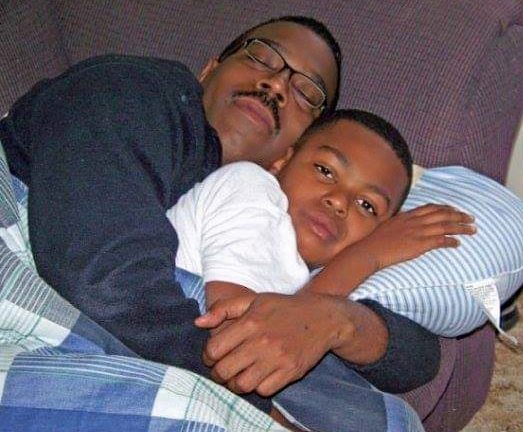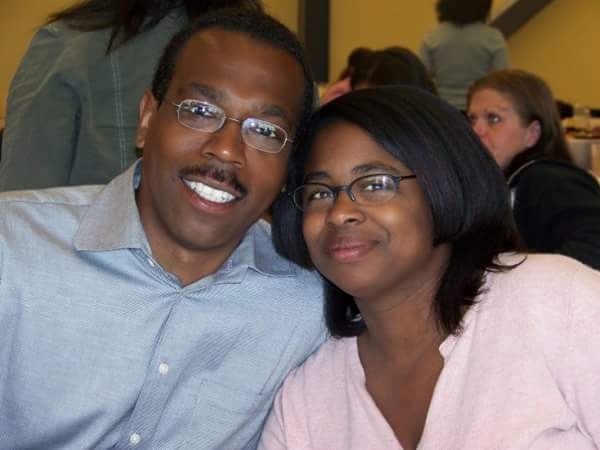Today we introduce a new column on Change Wire: The Welcome Home series. As Community Change, its partners Race Forward and Policy Link and other front line housing and racial justice advocates seek to tell the story of what it means to have a safe affordable place to live in America, we’ve created this space for discussion, debate, and information about the people, policies, and narratives that influence how we think and talk about housing. It is part of our year-long Housing Narrative Project.
The Expertise of Lived Experience

My understanding of housing policy and the challenges facing millions of Americans in finding safe affordable places to live is firmly rooted in my own often traumatic lived experience.
It began, not from think tank researched policy papers or closed-door speeches from economics experts, but from watching my mother stoically fight back tears when, after my parent’s divorce, we lost our house to foreclosure and were forced to sleep on relatives’ couches.
It continued as an adult when, during my late wife’s breast cancer diagnosis, treatment, and resulting medical bills. We were forced to move into a cramped apartment with black mold, faulty electricity, and bad plumbing. We had to deal with an unscrupulous landlord who preyed on our economic insecurity and refused to improve our living conditions.
Even as I write this, my challenges finding good housing has continued. Last year, just months after my wife’s death, my son and I were forced to move into a shelter for displaced families. One morning, after our building’s electricity was turned off, we shockingly discovered our apartment building was in foreclosure, with the landlord overdue on his electric bill by thousands of dollars and his mortgage by hundreds of thousands of dollars. We then learned he had knowingly rented out the apartment to us illegally and racked up years of unpaid health and safety violation fines with the city.

My story is sadly far too common as millions of Americans struggle every day with the basic human need for a safe and reliable place to lay their heads and love their families. If we are going to do right by our fellow citizens, we need to address America’s housing challenges. That requires a holistic understanding and a structurally different approach that listens and responds to the experiences that real people face every day in finding housing. That also means having a deep understanding that historical racial and economic policies have shaped and impacted how people experience where they live and how much they can afford to pay for housing.
In short, we need a new way to tell the housing story.
We need to integrate the many overlapping challenges families face and affirm their basic human right to a safe home. We need a new narrative that centers on the understanding that housing functions as more than simply shelter from the elements. It is the soil from which families and communities either grow or wither.
Housing Narrative Project
So for the next nine months, I’m excited to be joining a team at Community Change, a national social justice organization with more than 50 years organizing communities, to research how we talk about housing: Fair housing, housing markets, discrimination and housing, and how housing impacts our health, our families, and our communities. We are combining forces with two national narrative and policy powerhouses, Race Forward and PolicyLink, and frontline housing and racial justice advocacy leaders to redefine the national discussion around housing. For nearly forty years, Race Forward has brought systemic analysis and an innovative narrative approach to complex race issues to help people take effective action toward racial equity. PolicyLink is a national research and action institute that has been advancing racial and economic equity for more than twenty years.
Together, we are committed to moving the national housing discussion away from faceless, vague forces like ‘market trends’ and ‘economic cycles,’ and toward people’s lived housing reality in a way that fundamentally challenges and permanently dismantles the underlying systems which contribute to them.
Our work will have us join with organizations and organizers on the ground, advocates, policy and communications experts to understand the larger systems that affect where people live. It will take us into focus groups to ask everyday people about their views on housing. It will take us online with surveys and polls that will inform our research. And it will take us inside the places where people live to hear their personal stories.
Our goal is to weave each thread of these experiences into a shared narrative tapestry that affirms that every person deserves a safe and affordable place to call home.
About the Author:
Michael Jackson is a Housing Narrative & Communications Fellow at Community Change living in New York City. You can find his writing on ChangeWire.org & follow him on Twitter at @blk_Intellect